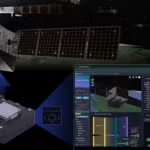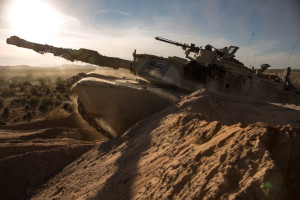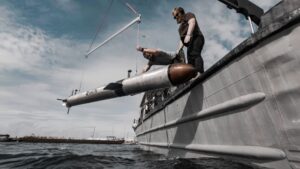OSI Systems [OSIS] has agreed to acquire its competitor in the security detection market, American Science and Engineering [ASEI], for $269 million in a cash deal that will significantly expand its product and service portfolio and boost earnings.The acquisition, which is expected to close by the end of 2016, has been approved by both companies’ boards of directors and is subject to approval by AS&E’s shareholders and government regulators. “The acquisition of AS&E will be the most significant security acquisition in…
Contract Updates
Southeastern Kentucky Rehabilitation Industries (Corbin, Kentucky) – $14,312,903
Southeastern Kentucky Rehabilitation Industries,** Corbin, Kentucky, has been awarded a maximum $14,312,903 modification (P00008) to a five-year contract (SPE1C1-24-D-N017) with no option periods adding various boonie covers via conversion. This is a firm-fixed-price, indefinite-quantity contract. The ordering period end date…
Teradyne Inc. (North Reading, Massachusetts) – $16,723,189
Teradyne Inc., North Reading, Massachusetts, has been awarded a maximum $16,723,189 firm-fixed-price contract for circuit card assemblies. This was a sole-source acquisition using justification 10 U.S. Code 3204 (a)(1), as stated in Federal Acquisition Regulation 6.302-1. This is a one-year…
Ham Produce and Seafood Inc. (Honolulu, Hawaii) – $26,250,000
Ham Produce and Seafood Inc.,* Honolulu, Hawaii, has been awarded a maximum $26,250,000 fixed-price with economic-price-adjustment, indefinite-delivery contract for fresh fruits and vegetables. This was a competitive acquisition with three responses received. This is a five-year contract with no option…
Longbow LLC (Orlando, Florida) – $11,203,243
Longbow LLC, Orlando, Florida, was awarded an $11,203,243 modification (P00017) to contract W58RGZ-22-C-0053 for sustainment of the Apache AH-64D/E Model Fire Control Radar, including depot-level and supply support elements and program management functions. The modification brings the total cumulative face…

 By
By 











